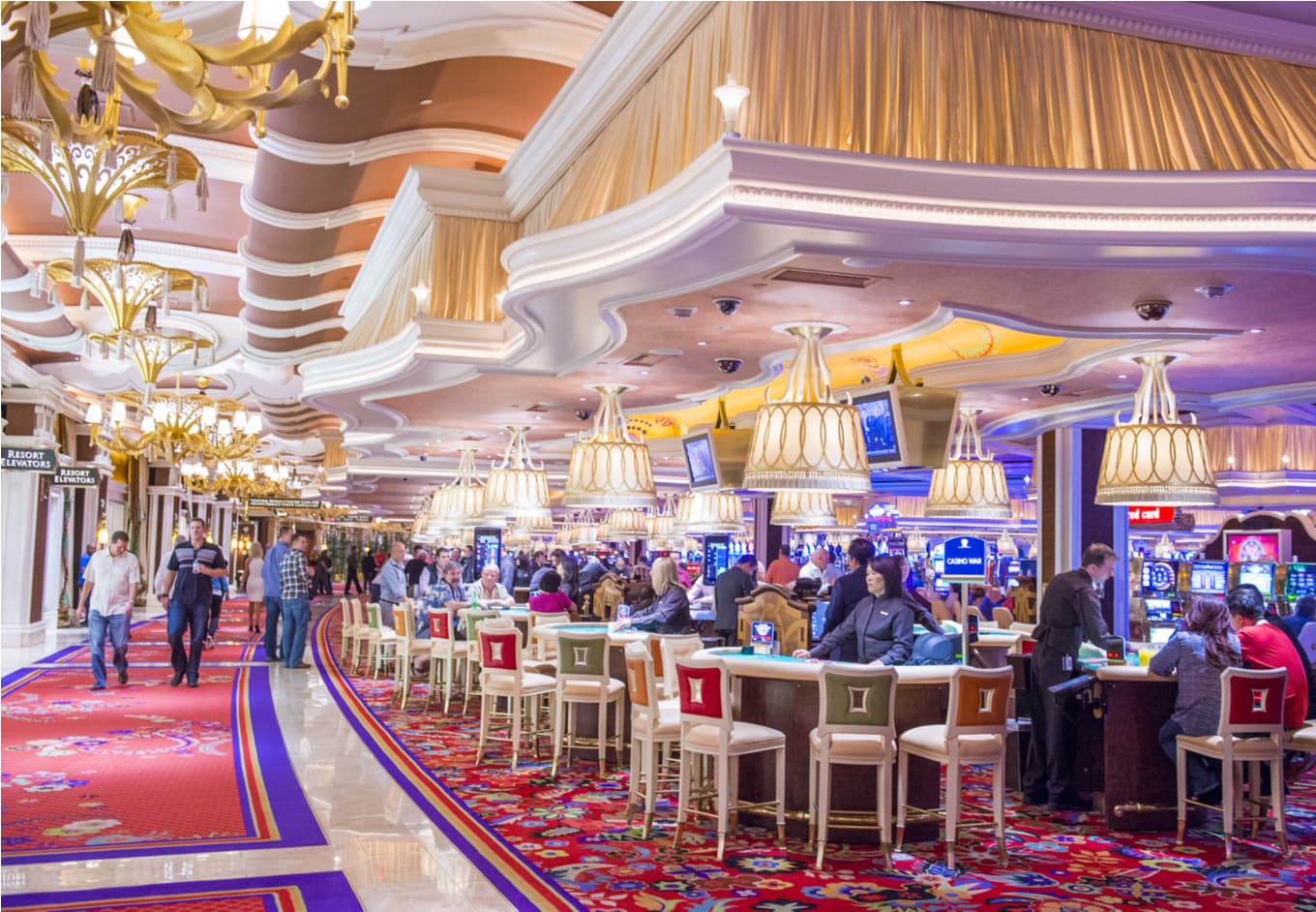
In the world of gambling, where chance and strategy intersect, a unique tapestry of beliefs emerges—one that intertwines luck, fate, and the enigmatic nature of casino games. Casinos, bustling with excitement and anticipation, are not just spaces for placing bets; they are also arenas where superstitions thrive. Ranging from the novice player to the seasoned gambler, these mysterious practices often shape how individuals approach the games they play, holding the belief that their actions can influence the outcome in ways that go beyond mere probability.
As players gather around roulette wheels, blackjack tables, and slot machines, the atmosphere is thick with stories of lucky charms, rituals, and codified behavior that defy logic yet provide a sense of comfort. It could be the case that it’s wearing a specific outfit, following a particular sequence of bets, or even avoiding certain numbers, the attachment to various superstitions reflects a deep-rooted desire to master the uncontrollable. This article delves into the captivating world of casino game superstitions, exploring the beliefs that simultaneously entertain and mystify those who dare to play.
Historical Beginnings of Superstitions
Gambling activities have long been entwined with an array of superstitions that go back to ancient civilizations. The beginnings of these ideas can be linked to humanity’s fundamental need to influence the unpredictable outcomes connected with fortune and randomness. In ancient civilizations, games of uncertainty were often connected to religious practices. Players would call upon blessings or request favor from deities, believing that their actions could influence the odds in their advantage. This groundwork laid the foundation for the myriad of superstitions that developed as gambling evolved over time.
During the medieval age, gambling became a common activity across European nations, and with it, a diverse tapestry of superstitions developed. Players adopted various rituals and charms, believing they could influence the results of games. The value of digits, in particular, began to show in superstitions around card games and dice. The number seven was often considered favorable, while different numbers carried bad connotations. These notions mirrored the social contexts of the time, changing as they transferred through generations and transformed to emerging gaming environments.
As gambling houses appeared in the 17th century, particularly in Italy and the French nation, the atmosphere surrounding gambling became steeped in enigma. 32win The growing openness of casino games allowed for the expansion and growth of superstitions among players. Concepts like charmed charms, specific seating arrangements, and rituals gained importance, creating a unique culture within betting houses. As these traditions continued to thrive, they became fundamental to the essence of gambling games, illustrating how historical developments and culture shape the convictions that influence how players engage with fortune.
Popular Gambling Myths
Beliefs surrounding casino games are abundant and varied, reflecting the dreams and fears of players as they participate in random activities. One of the most prevalent beliefs is that certain digits bring luck or bad luck. For example, the digit seven is often seen as a favorable number, frequently sought after by gamblers looking for a positive result. Conversely, the number thirteen is routinely considered unlucky, leading many players to avoid it during their gaming sessions.
A frequent superstition relates to rituals that gamblers believe can influence their odds. It could be blowing on dice before a throw, using a particular hand to place a bet, or even wearing specific items of attire, many individuals feel that these actions can tilt luck in their benefit. These practices offer a sense of power in an otherwise unpredictable environment, reinforcing the idea that fortune can be created through personal convictions and habits.
Lastly, the ambiance and vibe of the casino itself adds to myths. Many players suggest that the presence of certain symbols, such as four-leaved clovers or fortunate coins, can enhance their chances of winning. Additionally, gamblers might adhere to the belief that victory streaks can be halted by mundane events, such as a person walking past or a accident at the gaming surface. The collective environment in a casino can amplify these superstitions, creating a shared culture of myths that goes beyond single encounters.
Impact of Superstitions on Players
Beliefs play a important role in the psychology of gamblers, often influencing their behavior and choices. A lot of gamblers think that luck can be influenced through various rituals, such as wearing a lucky charm, selecting specific colors, or steering clear of particular digits. This reliance on superstitions can create a sense of authority in an environment that is intrinsically unpredictable. Players frequently feel more confident and engaged when they think that their actions could sway the outcome of a game in their advantage.
The impact of these superstitions extends past individual players, affecting the general atmosphere inside the casino. For example, a player who holds the belief in the luck of a particular slot machine might draw a gathering, as others are intrigued by their apparent success. This collective belief can amplify excitement and create a dynamic environment, leading to an captivating experience even for those who may not necessarily be superstitious. The excitement around specific games can lead to increased participation and longer playing sessions, supporting the casino’s vibrant social scene.
In some cases, superstitions can lead to negative effects for players. Depending too heavily on rituals can result in bad gambling decisions, as some may overlook basic strategies in favor of baseless beliefs. Additionally, the stress to perform rituals may heighten anxiety and stress levels, diminishing from the enjoyment of the experience. Ultimately, while superstitions can enhance the excitement of playing casino games, they can also lead to unwise choices that overshadow the fun and amusement intended in the casino experience.
